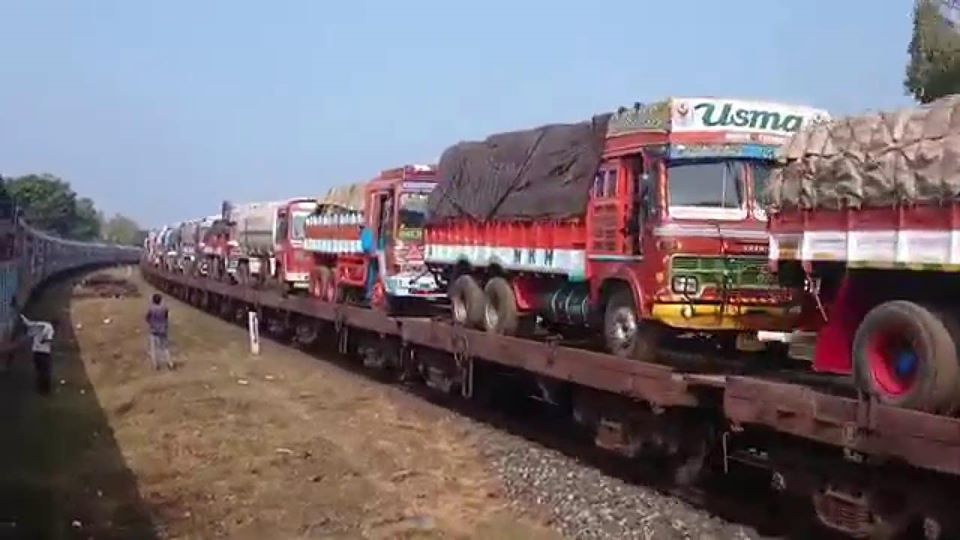There are no products in your shopping cart.
| 0 Items | £0.00 |


Ayo Akinfe
(1) On a daily basis, Nigeria witnesses horrific accidents on her roads, many of them involving trailers. Surely, our transport policy has got to be based on moving freight off the road and on to rail to help cut such deaths
(2) No country anywhere on earth has ever industrialised without a modern and efficient railway service. Nigeria’s lack of a modern railway network is a mirror reflection of how unserious we are when it comes to manufacturing
(3) Without a modern, fast, efficient and reliable nationwide railway network, you cannot move thousands of tonnes of steel, bitumen, crude oil, cement, granite, etc around the country. They say the railways are the first signs of industrialisation
(4) In an economy like Nigeria where we are a major agricultural producer but most of our food is grown by smallholders in rural areas, we will never get this sector fully running until we can get produce from farm to factory efficiently and swiftly. Something like a third of all Nigerian food production goes to waste due to poor storage, refrigeration and transportation facilities
(5) Just look at the state of our rural roads and you can see where the problem with Nigerian agriculture lies. If you are a tomato farmer, how do you get your produce to a processing plant in Kano, Kaduna, Lagos, Enugu or Port Harcourt in perfect condition when the pot holes leading from your farm are four feet deep? Having a good road that leads from your farm to your local government headquarters and then a railway service from there to the state capital is the way out
(6) There are 774 local government areas in Nigeria with at least 700 of them involved in agriculture in one way or the other. Unless they are linked together by a railway network that includes refrigerated carriages, mobile abattoirs, mobile fruit processors, on-the-move seed crushing plants and mobile trailers that can roll off upon arrival in big cities, we will get nowhere with food processing
(7) Apart from reducing accidents and boosting efficiency, just think of the way a roll-on, roll-off railway trailer service will save the wear on tear on our roads. It will also extend the lives of the trailers themselves because they will be driving less
(8) In India, they have managed to get one of these roll-on, roll-off services running in the west of the country. When the British left in 1947, they did not build a railway line in western India because of the monsoon rains, so in 1990, the Indians decided to build one themselves. In January 1997, they opened the Mumbai to Goa Western Indian line. This cargo service is what pays for the running of the service
(9) In India, the man charged with building the western railway line told the government he does not want them anywhere near the project. He set up an independent agency and staffed it with young engineers and local people. Within seven years the project was delivered and the costs did not balloon out of control
(10) Maybe what Nigeria needs is an independent public works agency tasked with addressing the twin problems of agriculture and transport together. This agency could focus on a national railway network linking all 774 local government areas, freeing up state and local governments to focus on rural and inter-city roads